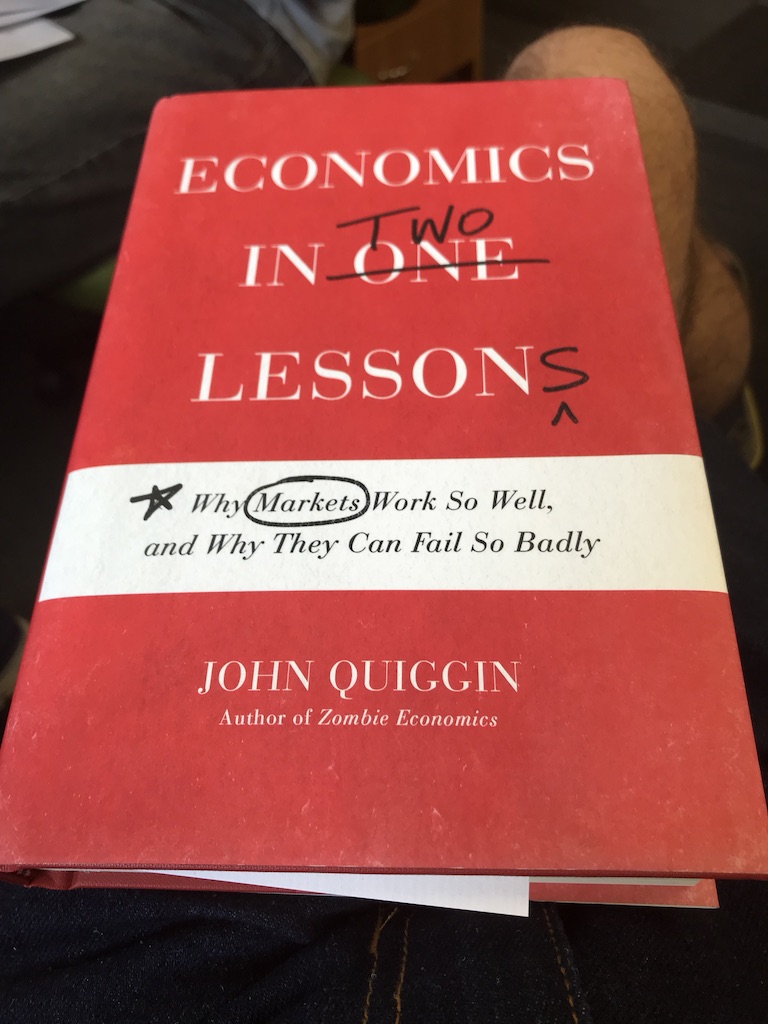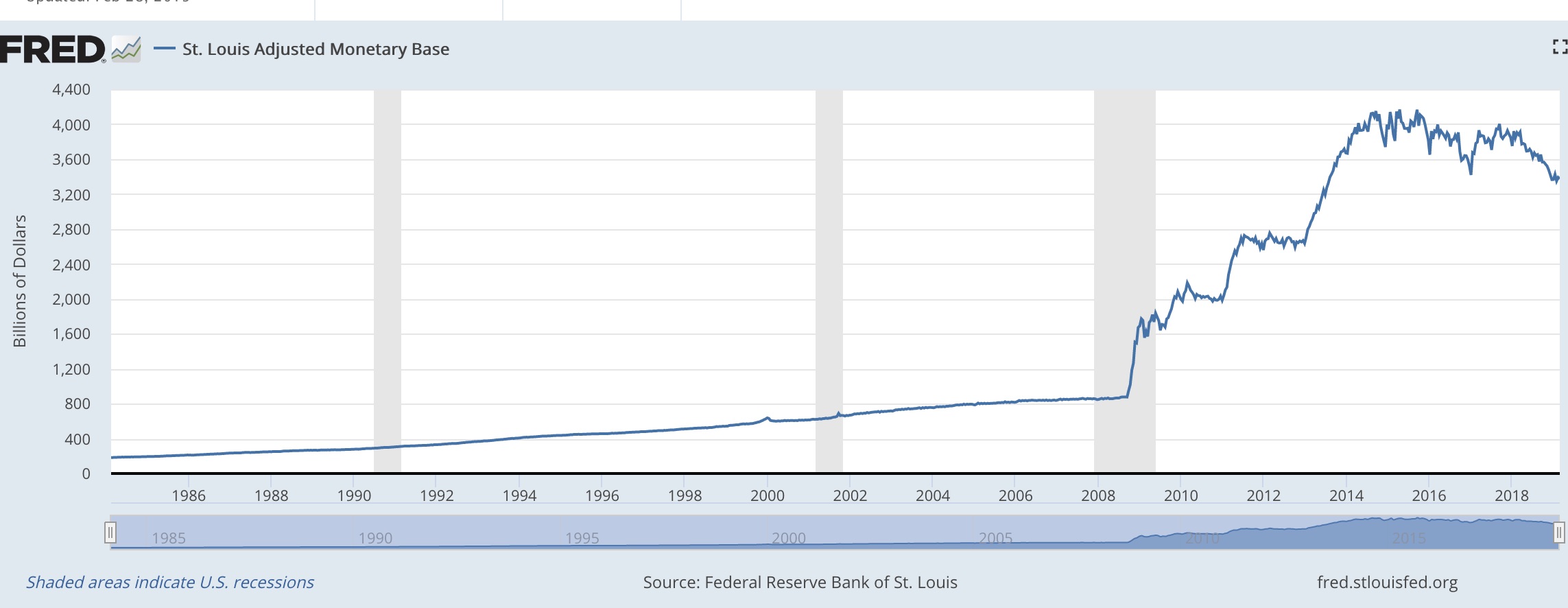The New York Times has a piece pushing the idea that nuclear power is the solution to our environmental problems. It’s familiar stuff, citing the French success in the 1970s, the promise of Gen IV and small modular reactors, and so on. Indeed, two of the authors had an almost identical piece in the Wall Street Journal in January. What’s most interesting is that the set of authors[1] this time includes Steven Pinker, who seems to be spreading his claims to expertise yet more broadly[2].
None of the authors has any training or expertise in economics, AFAICT. So, they make extreme claims such as that South Korea and China can build nuclear plants at one sixth the cost of the US. With the abandonment of the nearly-complete VC Summer project, the only nuclear plant now under construction in the US is the 2GW Vogtle project in Georgia. That looks like coming in at about $20 billion or $10 billion/GW. Optimistic estimates of Chinese costs are around $3.5 billion/GW or one third of the US price, not competitive with new renewables under most conditions.
Moreover, it might have been worth mentioning that South Korea has stopped new nuclear power and China hasn’t started a new project in three years. In both cases, renewables have undercut even the lowest estimates of the costs of nuclear.
Also striking is a sudden shift in the argument about halfway through. The article begins reasonably enough, pointing out that the success of the French model in the 1970s depended critically on the large-scale deployment of a small number of standardised designs. (That wasn’t the only crucial feature, as I’ve pointed out before.) That contrasts sharply with the current situation where nearly every new plant is First Of A Kind, or close to. They point to US efforts to promote new nuclear power, including the Nuclear Energy Innovation and Modernization Act, recently passed through Congress by big margins (361 to 10 in the House, and a voice vote in the Senate).
Then suddenly, the article shifts gears, claiming that the crucial problem is irrational public fear of radiation, nuclear accidents and so forth. The obvious question to raise is: how does this supposed climate of fear manifest itself? Obviously not in a Congress, generally notable for bitter partisan division, where pro-nuclear legislation sails through with negligible opposition. Nor is there any evidence of significant resistance at the regulatory level, where numerous plants have had their licenses extended.
With the abandonment of the nearly-complete VC Summer project, the only nuclear plant now under construction in the US is the two-reactor Vogtle project in Georgia. Googling for Vogtle protests, I found numerous links to protests from shareholders, customers and others concerned about the massive cost overruns of the project. But the only anti-nuclear protest I could find was back in 2011, and appeared to have no effect at all on the project.
Perhaps they mean that we should drop all the expensive safety precautions added since 1979, and go back to Generation II technology like that used in France. If so they should say so
The myth that nuclear power would roar ahead if only public fear could be overcome is comforting to nuclear fans. But the truth is that the technology is doomed by economics.
fn1. The only author with any relevant expertise is Staffan Qvist who works on Gen IV reactors and has previously written policy pieces with our own Barry Brook.
fn2. I also write on lots of different things. On the blog, I’m happy to state my views on all kinds of topics, as I would in ordinary conversation. But when I write for the general public, citing my professional affiliation, I try to stick to areas where I have some claim to expertise.

